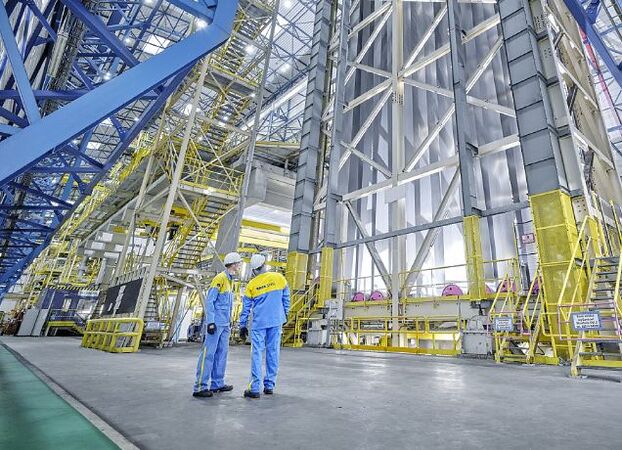Tata Steel Nederland joins LESS to advance low-emission steel standards
by David Fleschen

Tata Steel Nederland has announced its membership in the Low Emission Steel Standard (LESS), a non-profit organization dedicated to promoting climate-neutral practices in the steel industry. The move marks a further step in Tata Steel's commitment to a circular and low-carbon steel production process.
LESS is recognized for developing independent standards for low-emission steel and for managing a corresponding labeling system. By joining the initiative, Tata Steel aims to support greater transparency and standardization in the assessment of sustainable steel products across the value chain.
Hans van den Berg, CEO of Tata Steel Nederland, described the membership as a logical extension of the company’s decarbonization strategy. “We support LESS’s goals and the development of independent standards. Standardization is essential in building trust among customers, policymakers, and industry stakeholders when it comes to sustainable steel products,” he said.
The steel industry is responsible for more than five percent of Europe’s CO₂ emissions, making it a critical player in achieving the European Union’s climate targets. Steel is integral to many sectors — from wind turbines and electric vehicles to infrastructure and consumer goods — and decarbonizing its production is seen as essential to reducing the broader environmental footprint of modern society.
Through LESS, Tata Steel Nederland will be able to provide its customers with steel that meets a defined and transparent low-emission standard. This enables downstream users of steel to demonstrate their own sustainability efforts and improve competitiveness in a market increasingly focused on environmental performance.
Tata Steel Nederland has been actively working to reduce its environmental impact. As part of its Green Steel Plan, the company is aiming to cut CO₂ emissions by five million tonnes annually by 2030. This transition includes the adoption of direct reduced iron (DRI) technology and electric arc furnaces, both of which support cleaner steelmaking. In addition, Tata Steel plans to increase the share of recycled scrap in its production to 30 percent by 2030, contributing to more efficient resource use and further emissions reductions.
Source and Photo: Tata Steel Nederland

